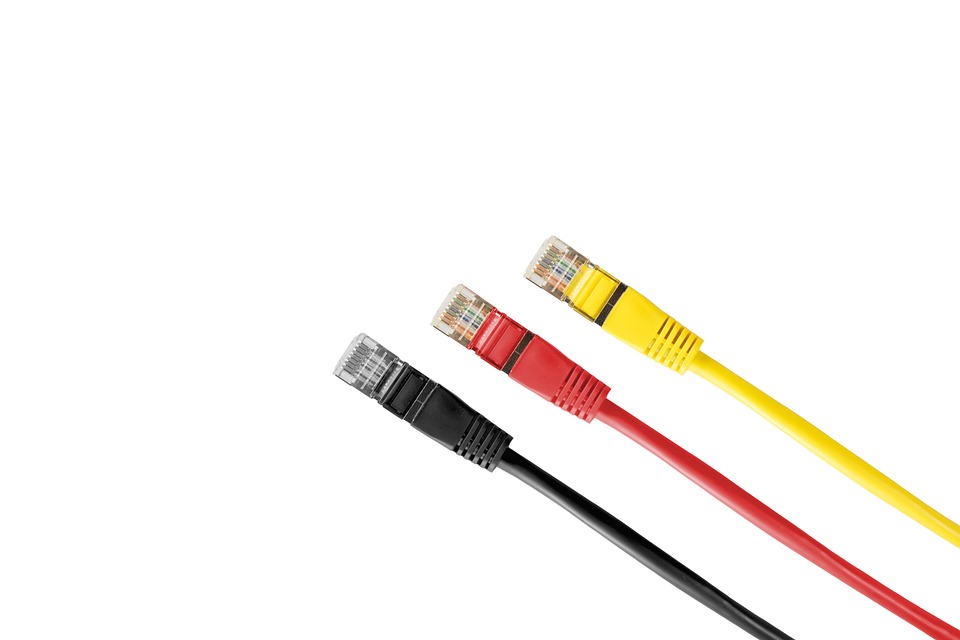Unlocking Success: The Definitive Branding Guide for Google SEO Consultants
In today’s hyper-competitive digital ecosystem, exceptional technical SEO skills alone won’t secure your success. As a Google SEO consultant, your personal or agency brand acts as your most potent asset. It’s the decisive factor that attracts ideal clients, builds unshakeable trust, and positions you as a thought leader in an industry saturated with noise. This guide dissects the strategic brand-building process, ensuring your expertise shines through every digital interaction—aligning perfectly with Google’s emphasis on E-A-T (Expertise, Authoritativeness, Trustworthiness) as a cornerstone of online credibility.
Why Branding Isn’t Optional for SEO Consultants
While optimizing websites is fundamental, your own visibility and reputation determine client acquisition sustainability. Without a strong brand:
- You compete solely on price in a commoditized market.
- Clients struggle to differentiate you from less qualified “experts.”
- Building long-term authority becomes an uphill battle.
Your brand is the narrative that transforms technical prowess into a compelling client magnet that withstands algorithm shifts.
Core Pillars of a High-Impact SEO Consultant Brand
1. Definitive Unique Value Proposition (UVP)
Your UVP crystallizes why clients should partner with you. Move beyond generic promises like “boost rankings.” Instead:
- Specialize: “SEO for SaaS Startups Scaling MRR” beats “General SEO Services.”
- Highlight Methodology: “Data-Driven Local SEO with Guaranteed Map Pack Dominance.”
- Solve Specific Pain Points: “Recovering Manual Penalties & Restoring Organic Traffic in 90 Days.”
Case Anchor: A consultant focusing exclusively on e-commerce SEO for fashion brands saw conversions increase by 200% after refining their UVP to address inventory indexing pain points specific to Shopify retailers.
2. Mastering the E-A-T Imperative
Google evaluates E-A-T in content—clients assess it in you. Showcase yours relentlessly:
- Expertise: Publish deep-dive content (e.g., “Entity-First SEO: Beyond Keywords in 2024”). Use LinkedIn for atomic insights.
- Authoritativeness: Secure bylines in leading industry publications (Search Engine Journal, Moz). Speak at webinars/podcasts.
- Trustworthiness: Display certifications (Google Skillshop, relevant courses), client logos (with permission), and clear case studies outlining how results were achieved.
3. Strategic Content as Your Authority Engine
Content isn’t just for clients—it’s proof signaling to Google and prospects that you lead the field:
- Beyond Blogs: Create proprietary frameworks (“The 5-Tier Local SEO Audit Matrix”), templates, or diagnostic tools.
- Data-Driven Insights: Share original research (e.g., “Core Update Impact Analysis: 10,000 Sites Studied”).
- Algorithm Updates Decoded: Position yourself as a reliable interpreter (“BERT vs. MUM: Actionable Implications for Content Strategy”).
4. Omnichannel Presence with Purpose
Avoid spreading thin. Prioritize platforms where ideal clients linger:
- Your SEO-Optimized Website: Treat it as flagship real estate. Include: detailed service pages, robust resources section, client success stories (with metrics), and visible contact pathways.
- LinkedIn: Daily insights, commentary on industry shifts, engagement with peers/clients.
- Niche Platforms: Reddit (r/SEO, r/bigseo), specialized forums, or curated newsletters via Substack focusing on under-discussed SEO frontiers (e.g., international hreflang complexities).
5. Social Proof: The Trust Catalyst
Testimonials are vital—but contextualize them:
- Instead of “Great results!” ➔ “After 6 months with [Consultant], our non-branded organic traffic grew 320% directly attributable to their content cluster strategy targeting Tier-3 keywords.”
- Visual Proof: Embed video testimonials or anonymized analytics dashboards showing trend reversals.
6. Synergistic Partnerships
Network beyond the SEO bubble with adjacent experts:
- Collaborate with PPC agencies on unified strategy whitepapers.
- Join forces with web developers for “Technical Health Audit Bundles.”
- Partner with reputable CRM platforms as a recommended consultant.
Conclusion: Rising Above the Algorithmic Tide
Branding for Google SEO consultants transcends aesthetics or slogans—it’s operationalizing your expertise into a visible, credible, and magnetic force. In an era where Google prioritizes content from verified experts (E-A-T), your brand narrative isn’t a marketing accessory; it’s a core ranking factor for your own business. Invest in defining your niche, relentlessly demonstrating authority, and architecting trust at every digital touchpoint. The consultants who master this fusion of skill and strategic branding won’t merely adapt to the future of SEO—they’ll define it.
FAQs: Google SEO Consultant Branding Demystified
Q1: How long does SEO consultant branding take to yield results?
A: Immediate perception shifts occur with consistent UX updates and content publishing. Tangible ROI (inbound leads, premium clients) typically manifests within 6–12 months of sustained effort. Branding compounds over time.
Q2: Can a personal brand compete with large SEO agencies?
A: Absolutely. Niche authority often trumps scale. Solo consultants leverage agility and deep specialization—key advantages when targeting clients wanting direct access to decision-makers with specific expertise (e.g., PHP site migrations for SEO).
Q3: How critical is website SEO for my consultancy site?
A: Non-negotiable. Your website is your credibility handshake. Slow load times, thin content, or technical flaws fatally undermine claims of expertise. Implement Core Web Vitals perfection and structured data marking you as a “ProfessionalService.”
Q4: Should I offer free resources? Won’t it devalue my services?
A: Thoughtfully crafted resources (e.g., a “Page One Swipe File” or cannibalization calculator) demonstrate competence, prequalify leads, and build reciprocity—making premium services easier to sell. Gate only ultra-premium assets.
Q5: How do I handle negative reviews or visibility setbacks?
A: Proactively request verified reviews from satisfied clients. Address negative feedback transparently & promptly offline. For algorithm hits (e.g., traffic drop), publish a transparent analysis—turning vulnerability into an authority moment showcasing problem-solving rigor.
Q6: Does visual branding (logo, colors) really matter?
A: Yes—but substance drives longevity. A clean, professional visual identity creates instant recognition and subconsciously signals competence. Avoid over-designing; prioritize clarity & alignment with your verbal messaging across proposals, reports, and profiles.





